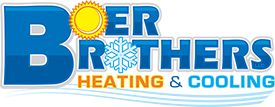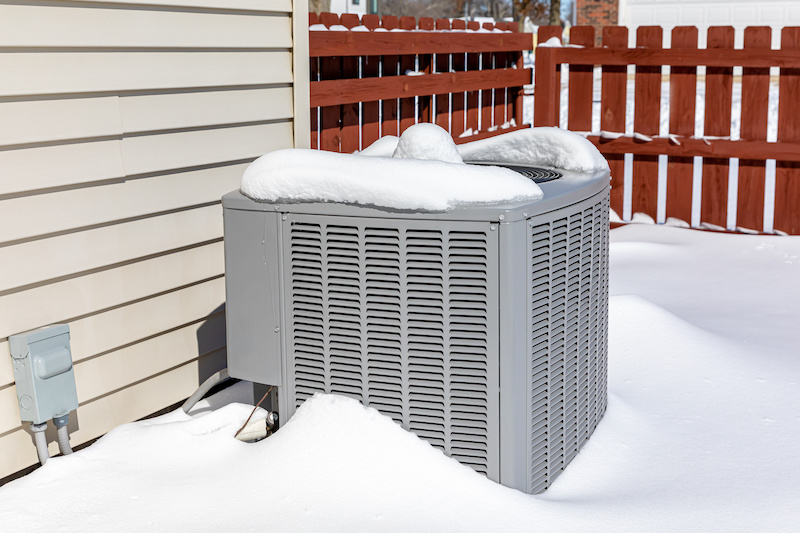We’re no strangers to chilly winter months in Chapel Hill, NC, and its surrounding areas. While snow-covered landscapes are indeed picturesque, the cold weather can bring its own set of challenges for our home heating systems. As local HVAC experts, Boer Brothers Heating and Cooling are here to shed light on how winter affects your heating system and what you can do to keep it functioning optimally.
1. Increased Workload
The most obvious impact of winter on your heating system is the increased demand. As temperatures drop, your system works harder and more frequently to maintain the desired indoor temperature, which can lead to faster wear and tear.
2. Reduced Efficiency
Extremely cold temperatures can sometimes make your heating system work less efficiently, particularly if it’s not a high-efficiency model or hasn’t been regularly maintained.
3. Strain on Components
Frequent cycling on and off, especially during a cold snap, can strain essential components of your heating system. This might lead to unexpected breakdowns or a shorter lifespan for parts.
4. Ductwork Concerns
Ducts that are located in unheated spaces, like attics or basements, can lose heat if they’re not adequately insulated. The colder it gets, the more significant this heat loss can become.
5. Frozen Pipes or Components
In extremely cold conditions, there’s a risk of external components or pipes freezing, especially if they’re not adequately protected or insulated.
6. Air Quality and Humidity
During winter, the air inside your home can become drier, which can affect both comfort and health. A well-maintained heating system, possibly paired with a humidifier, can help maintain optimal indoor air quality.
Tips to Protect Your Heating System This Winter:
- Regular Maintenance: Schedule a fall tune-up with Boer Brothers Heating and Cooling to ensure your system is ready for the demands of winter.
- Insulate Ductwork: Ensure your ducts are properly sealed and insulated to prevent heat loss.
- Keep Vents Clear: Ensure that all vents, both inside and outside your home, are clear of snow, ice, and other obstructions.
- Check Filters: Replace or clean filters regularly to maintain optimal airflow and efficiency.

